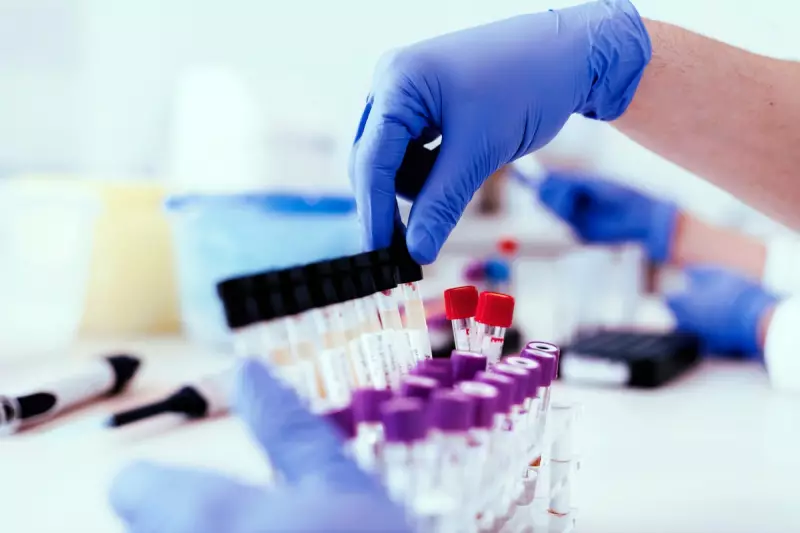
In a development that could transform how we approach dementia diagnosis, British scientists have discovered that a simple urine test might hold the key to detecting early signs of vascular dementia.
The breakthrough research suggests that analysing urine samples could provide crucial early warnings about this common form of dementia, potentially allowing for earlier intervention and treatment.
What is Vascular Dementia?
Vascular dementia represents the second most common type of dementia after Alzheimer's disease. Unlike other forms, it's caused by reduced blood flow to the brain, often following strokes or damage to small blood vessels in the brain.
Current diagnosis methods typically rely on cognitive tests, brain scans, and assessment of medical history, often occurring only after significant symptoms have developed.
The Promise of Early Detection
The potential urine test focuses on identifying specific biomarkers that indicate vascular health issues affecting the brain. Early detection could be revolutionary for several reasons:
- Earlier intervention: Allows treatment to begin before significant brain damage occurs
- Better outcomes: Early management of risk factors could slow or prevent progression
- Accessible testing: Urine tests are non-invasive, inexpensive and widely available
- Reduced burden: Could ease pressure on expensive scanning facilities and specialist appointments
What This Means for Dementia Care
If successfully developed, this testing method could become part of routine health checks for at-risk individuals, particularly those with conditions like high blood pressure, diabetes, or heart disease that increase vascular dementia risk.
The research team emphasised that while more studies are needed, the initial findings offer genuine hope for improving how we detect and manage this devastating condition.
With dementia cases projected to rise significantly in coming decades, such accessible diagnostic tools could play a crucial role in addressing one of healthcare's biggest challenges.





